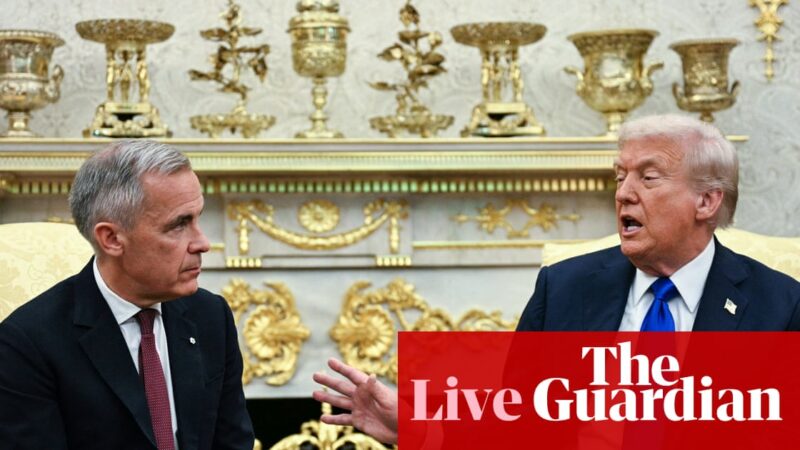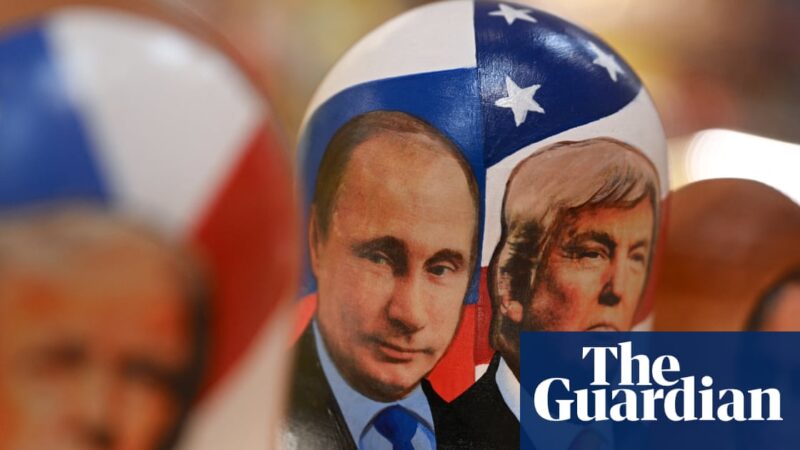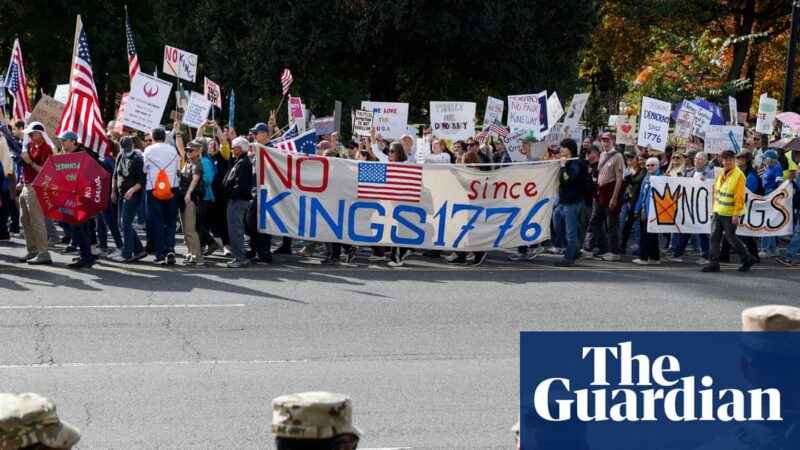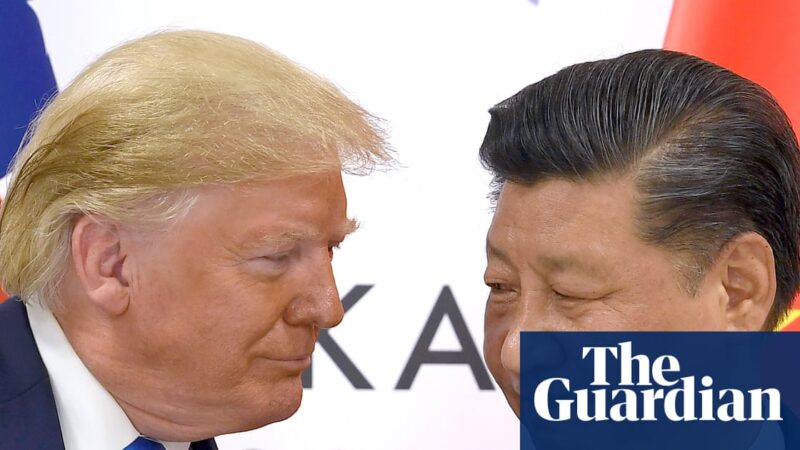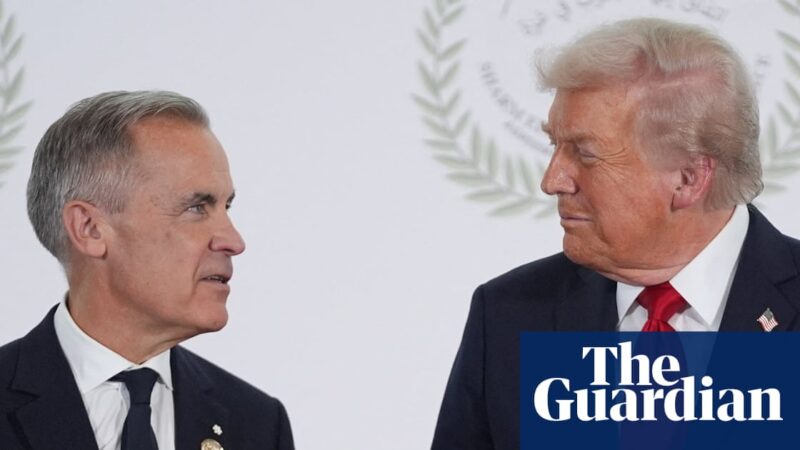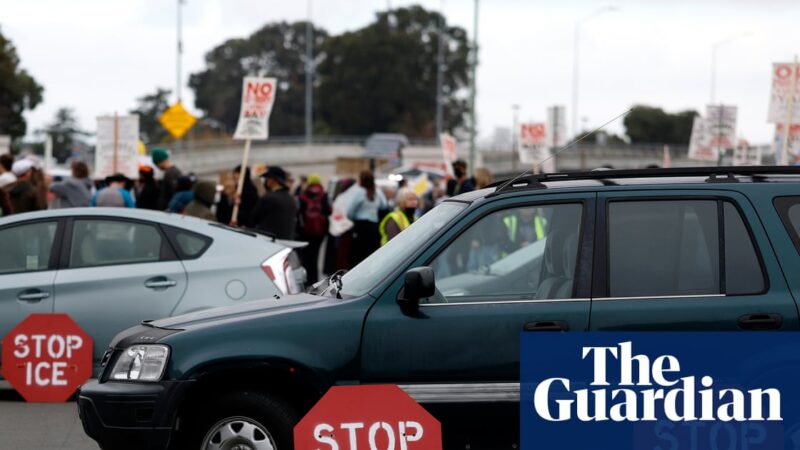Tata bought slabs from rival British Steel as it sought to beat Trump tariff plans | Steel industry
British Steel has made the unusual move to sell slabs of metal to its rival Tata Steel, as the latter sought ways around Donald Trump’s proposed tariff rules.
The Scunthorpe steelworks in north Lincolnshire – now controlled by the UK government – provided slabs made in its blast furnaces to Tata’s operations in south Wales in recent months, according to steel sources.
Indian-owned Tata was seeking ways to avoid threatened US tariffs on steel not sourced from the UK while its Welsh operations were reliant on buying slabs from elsewhere. However, the proposed rules were later dropped after the UK and US failed to reach agreement.
The UK government took control of British Steel in April amid fears that its Chinese owner, Jingye Steel, was preparing to walk away and leave irreparable damage.
Since taking control, the government has directed British Steel to increase output and hire more workers. Jingye claimed the blast furnaces at Scunthorpe – the last in Britain able to make steel from iron ore – had been losing £700,000 a day.
Ramping up production was seen by some people as a way to improve profitability and ease the financial burden on the government. Earlier this month, the government said that it had injected £180m to British Steel to pay for raw materials, salaries and unpaid bills.
The decision by Tata, which owns the vast Port Talbot steelworks in south Wales, to buy metal from Scunthorpe is a relatively unusual move by rival companies to work together.
Tata – whose parent company is also dealing with the fallout of a cyber-attack at Jaguar Land Rover – closed its blast furnaces a year ago in order to build cleaner electric arc furnaces. While awaiting the completion of those furnaces, Tata had planned to import slab from its other plants in the Netherlands and India to be rolled into food tins and car bodies in its Welsh factories.
The purchase was attractive for Tata as the company, headquartered in Mumbai, sought ways around proposed US trade rules, according to steel industry sources. Trump had agreed to cut tariffs on UK steel to 0%, but with proposed rules that steel would have to be “melted and poured” in the UK to qualify.
Despite Trump’s initial assent to the 0% deal, US officials held up the implementation because of concerns that other countries would use the UK as a back door to get around tariffs. The UK government eventually concluded that it would not be able to reach a 0% deal, and the talks were abandoned this month.
UK steel exports to the US now attract 25% tariffs, significantly lower than the 50% imposed by Trump on every other importer. The 25% tariff does not include “melted and poured” restrictions.
Peter Kyle, the recently appointed business minister, is expected to visit British Steel’s Scunthorpe plant for the first time in the coming weeks, amid hopes of a deal with Jingye to allow it to walk away by the end of the year.
after newsletter promotion
However, Jingye is thought to still be pushing for as much as £1bn in compensation – a figure that would include all of the cash it invested in British Steel since buying it in 2020. Steel industry sources suggested Jingye was unlikely to receive that amount for a company it was preparing to abandon. Jingye did not respond to a request for comment.
A Tata Steel spokesperson said: “We have worked together with British Steel for many years on those occasions when we have needed to supplement our own production of steel slab.
“Since moving to a reroller model – where we are using externally sourced slab and hot rolled coil – we have continued that supply relationship with British Steel in addition to other trusted steel companies in Europe and further afield.”
Lisa Coulson, the chief commercial officer at British Steel, said: ‘We have been working closely with government to improve operational performance in recent months.”
British Steel also welcomed an announcement on Monday by Rachel Reeves, the chancellor, that UK steel would be favoured in public projects.
A government spokesperson said: “We are working with Jingye to determine the best long-term future for the Scunthorpe site, while also negotiating the lowest tariff on steel and aluminium exports of any country with the US, reinforcing our position as a trusted source of high-quality steel.”
